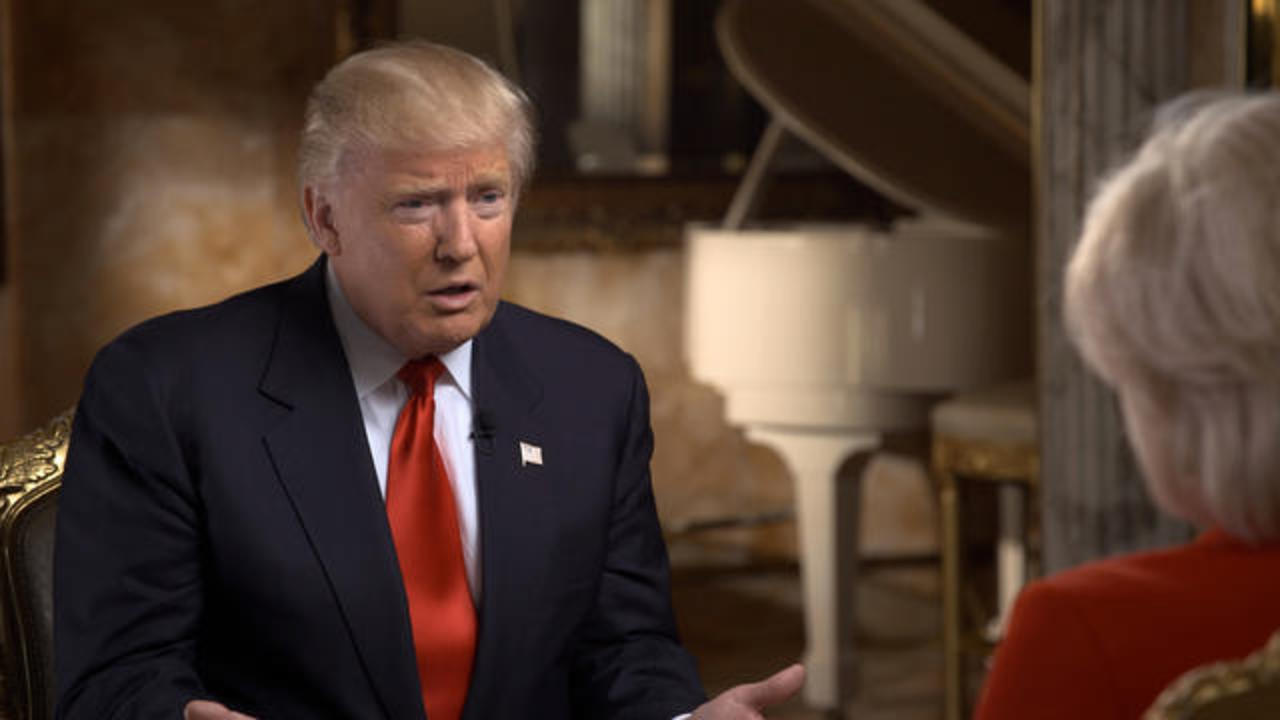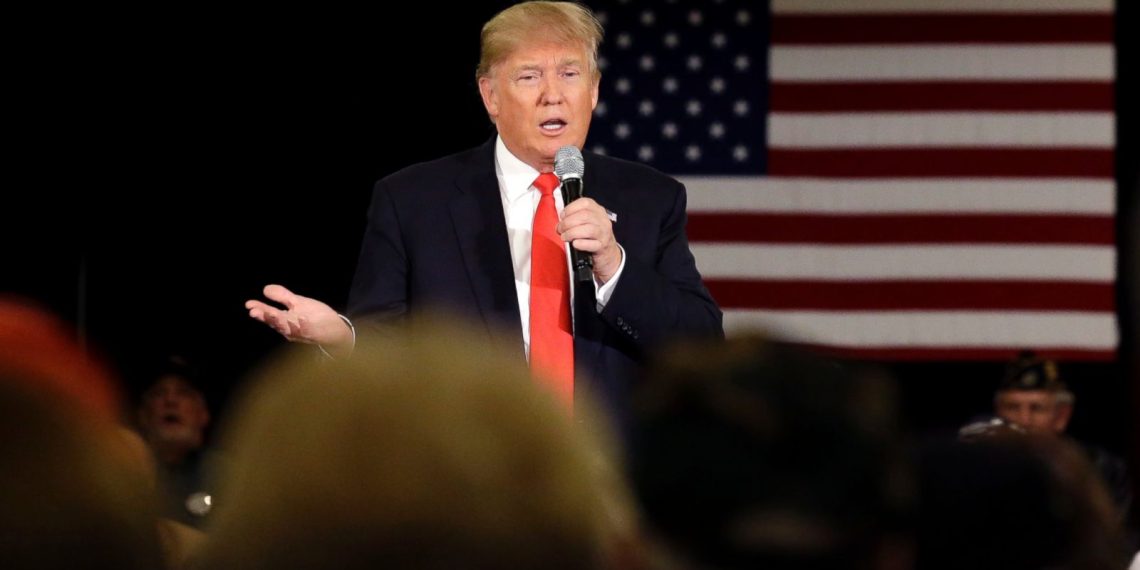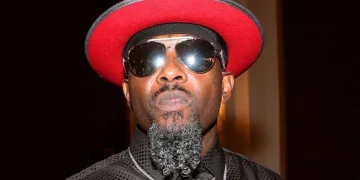Republican frontrunner Donald Trump, according to the New York Times, has shown support for a 16-week national abortion ban, a significant departure from his previous ambiguous stance on the issue.
The reported change includes exceptions for cases of rape, incest, or when the mother’s life is at risk. This revelation comes as a surprise, given Trump’s historical reluctance to fully endorse such a ban.
Democratic President Joe Biden swiftly reacted to the news, seizing on the opportunity to portray Trump as a threat to women’s rights. Meanwhile, Trump’s campaign dismissed the report as “fake,” maintaining that Trump is open to negotiation with both sides on the matter.
The uncertainty surrounding Trump’s abortion stance adds complexity to the upcoming presidential campaign. Abortion rights are expected to be a central issue, with Biden’s campaign aiming to mobilize female voters by framing the debate as a matter of personal freedom.
However, Trump risks alienating both his conservative base and moderate voters by taking a definitive stance on such a divisive issue.
Republican strategists caution against making abortion a focal point of the campaign, fearing it could distract from other key issues like immigration and the economy.
Trump’s attempt to straddle the line between championing conservative values and appealing to a broader electorate could prove challenging, especially as he navigates the delicate balance between satisfying his base and attracting swing voters.

While Trump has previously claimed credit for appointing conservative justices to the Supreme Court, he has also criticized some state-level abortion bans as excessive. His reported support for a 16-week ban reflects a nuanced approach to the issue, aimed at placating anti-abortion advocates without alienating more moderate voters.
As the 2024 election draws closer, Trump’s evolving stance on abortion will likely continue to be a point of contention, highlighting the delicate dance between principles and political expediency in the realm of presidential politics.





